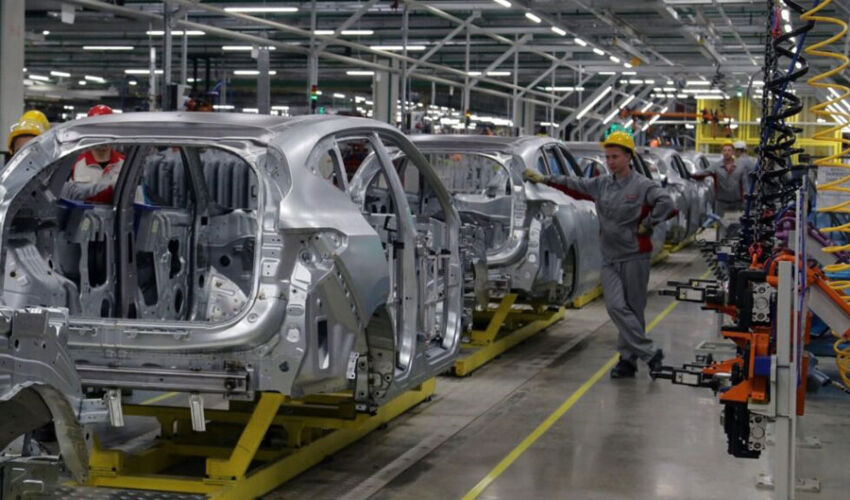
A similar decline was observed during the COVID-19 pandemic, but then the plants were closed for quarantine and the problems of the automobile industry were not perceived as something extraordinary.
Now the situation is completely different. As noted in the RBC article, experts and observers reproach the UK government for not paying enough attention to the industry and point to the need for urgent and effective measures of state support.
But at the same time, the same experts recognize that the problems are not intra-British, but global. And it is unlikely that there will be an easy way out of this situation.
Among the main reasons for the decline in car production in the UK are trade wars, which have significantly limited export supplies. Sales of British cars in the United States fell by 55% compared to last year, as a result of which the share of the American market fell from 18% to 11%. Exports to EU countries have also become smaller – by 22.5%.
However, Trump’s duties and the unfolding trade wars have only aggravated the situation of the British car industry. Its problems began much earlier. For example, in 2024, a long decline in production was observed for 8 months. The main reasons are outdated production facilities, which are no longer up to modern standards. As well as excessively high costs, caused primarily by expensive electricity. Along with the lag in the introduction of modern innovations and technologies, this affects the competitiveness of British cars.
Among the reasons for the depression in the industry, the British Society of Motor Manufacturers and Traders (SMMT) cites the fact that almost all large enterprises have been taken over by foreigners. According to 2023 data, the top five car manufacturers were Nissan, Land Rover, BMV, Toyota and Jaguar. Of these, only Land Rover and Jaguar are British brands. But they too are owned by India’s Tata, and were previously run by the American Ford.
Accordingly, since the UK is not a home market for these companies, saving the British car industry and the local labor market is not among their strategic priorities, the SMMT concludes. Especially when they face similar problems at home.













